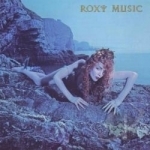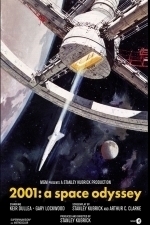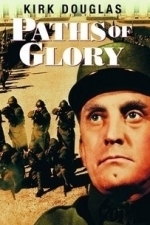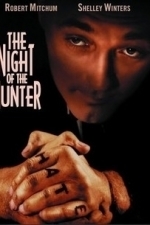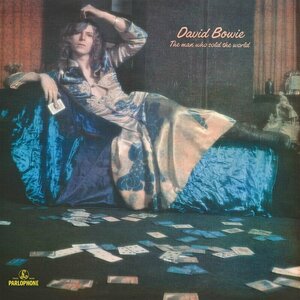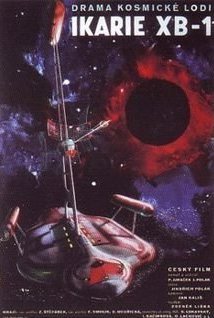Search
Search results
Suswatibasu (1703 KP) rated Rendezvous with Rama - Rama Book 1 in Books
Sep 14, 2017
A little bland and clinical, more for hardcore sci-fi fans
I struggled with this book, mainly for its mechanical nature and rather bland storyline. For hard-core fans of 2001: Space Odyssey, this may be more of an interest given it's the same writer, but for a sci-fi rookie, it was like reading an engineering manual as they clinically detail the climate and condition of this astral being named Rama. And not much else happens apart from them walking across this horizon. It may require reading the entire series of books to see the full picture, but as a stand-alone book, it doesn't seem to work.
Joe Elliott recommended Siren by Roxy Music in Music (curated)
Nicholas Cage recommended 2001: A Space Odyssey (1968) in Movies (curated)
J.A. Bayona recommended 2001: A Space Odyssey (1968) in Movies (curated)
Dan Stevens recommended 2001: A Space Odyssey (1968) in Movies (curated)
KeithGordan recommended Paths of Glory (1957) in Movies (curated)
Buzz Aldrin recommended 2001: A Space Odyssey (1968) in Movies (curated)
Paul Schneider recommended The Night of the Hunter (1955) in Movies (curated)
Gaz Coombes recommended The Man Who Sold The World by David Bowie in Music (curated)
Awix (3310 KP) rated Ikarie XB-1 (1963) in Movies
Jun 23, 2019 (Updated Jun 23, 2019)
One of those movies which has clearly been influential but remains relatively little-seen, certainly in the original version. XB-1 and its crew (mostly good-looking young people, a few rugged old character actors, and a fairly dreadful robot prop) blast off for Alpha Centauri but must come to terms with the strains of long-haul spaceflight and various dangers (radiation, dangerous derelicts, and so on).
Arguably the missing link between Forbidden Planet and 2001: A Space Odyssey (yes, that's a bold claim), with a strange mixture of pulp SF tropes but also downbeat psychological realism. Notably good and interesting sets, photography, and a memorable avant-garde musical score too. The story is a bit episodic and not exactly pacey, but the rest of the film makes up for this.
Arguably the missing link between Forbidden Planet and 2001: A Space Odyssey (yes, that's a bold claim), with a strange mixture of pulp SF tropes but also downbeat psychological realism. Notably good and interesting sets, photography, and a memorable avant-garde musical score too. The story is a bit episodic and not exactly pacey, but the rest of the film makes up for this.

